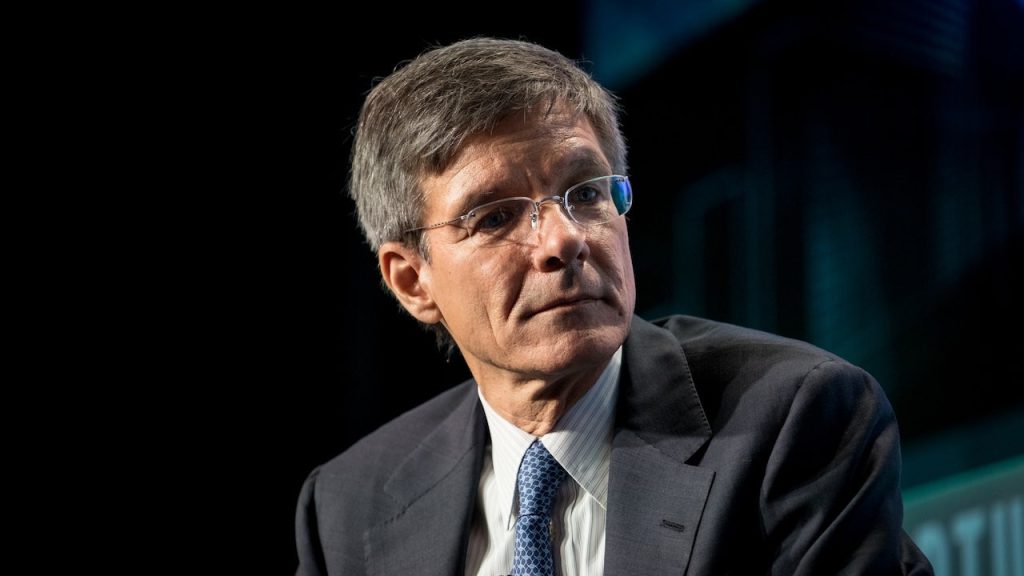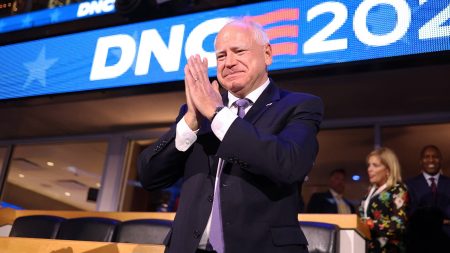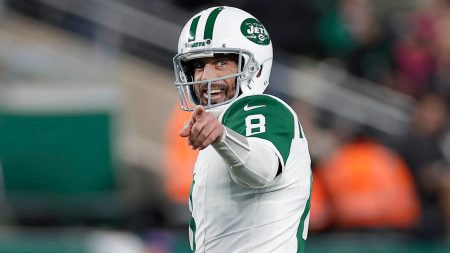The aftermath of the horrific New Year’s Day terrorist attack on Bourbon Street in New Orleans was marred by controversy surrounding a video message from Tom Wilson, CEO of Allstate, the Sugar Bowl’s corporate sponsor. Wilson’s message, played before the Georgia-Notre Dame college football playoff game, urged Americans to overcome an “addiction to divisiveness” and “accept people’s imperfections and differences.” While seemingly intended as a call for unity and healing, the message was widely perceived as tone-deaf and insensitive, given the immediate context of the tragedy. The resulting backlash on social media led to Allstate reportedly deleting the video from its online platforms.
The heart of the controversy lies in the perceived disconnect between Wilson’s message and the raw emotions surrounding the terrorist attack. Critics argued that calling for unity and acceptance of differences, while noble sentiments in general, seemed trivializing in the face of such a violent and targeted act. The timing of the message, delivered just days after the attack, further fueled the perception that Allstate was prioritizing a generic message of togetherness over acknowledging the specific pain and trauma experienced by the victims and the New Orleans community. The call to “accept people’s imperfections and differences” was particularly jarring to many, who interpreted it as implying a need to understand or even forgive the perpetrator of the attack.
Adding to the controversy was the perceived attempt by Allstate to erase the video from the public record. After initially sharing the video on its own social media channels, the company reportedly deleted the post following the negative reaction. This action, rather than quelling the criticism, only served to amplify it. It created the impression that Allstate was trying to backpedal and distance itself from Wilson’s words, rather than engaging with the concerns of those who found the message offensive. This further solidified the narrative that the company was prioritizing its image over genuine empathy for the victims of the attack.
Allstate’s subsequent statement attempting to clarify Wilson’s message did little to mitigate the damage. While the statement unequivocally condemned the act of terrorism and expressed solidarity with the victims, it also reiterated the “broader commitment to fostering trust and positivity in communities across the nation.” This doubling down on the original message, rather than acknowledging the specific concerns raised by critics, came across as defensive and dismissive. It failed to address the core issue of why the message was considered insensitive in the immediate aftermath of a terrorist attack.
The incident underscores the challenges corporations face when navigating sensitive situations in the age of social media. While expressing messages of unity and healing can be valuable in the long term, it is crucial to be mindful of the immediate context and the emotional needs of those directly impacted by tragedy. In this case, Allstate’s message, while perhaps well-intentioned, was perceived as a premature and generic platitude that failed to resonate with the raw emotions of the moment. The company’s subsequent attempt to erase the video and its defensive clarification only exacerbated the negative perception.
The Allstate case serves as a cautionary tale for corporations seeking to engage with sensitive issues. It highlights the importance of not only crafting messages that are genuinely empathetic and contextually appropriate but also of being prepared to engage with and address criticism in a transparent and accountable manner. Attempting to sweep missteps under the rug, as Allstate appeared to do, can often backfire and lead to even greater reputational damage. The incident underscores the need for companies to prioritize genuine empathy and engagement over superficial gestures of unity in the face of tragedy.










